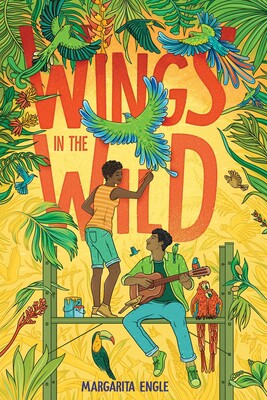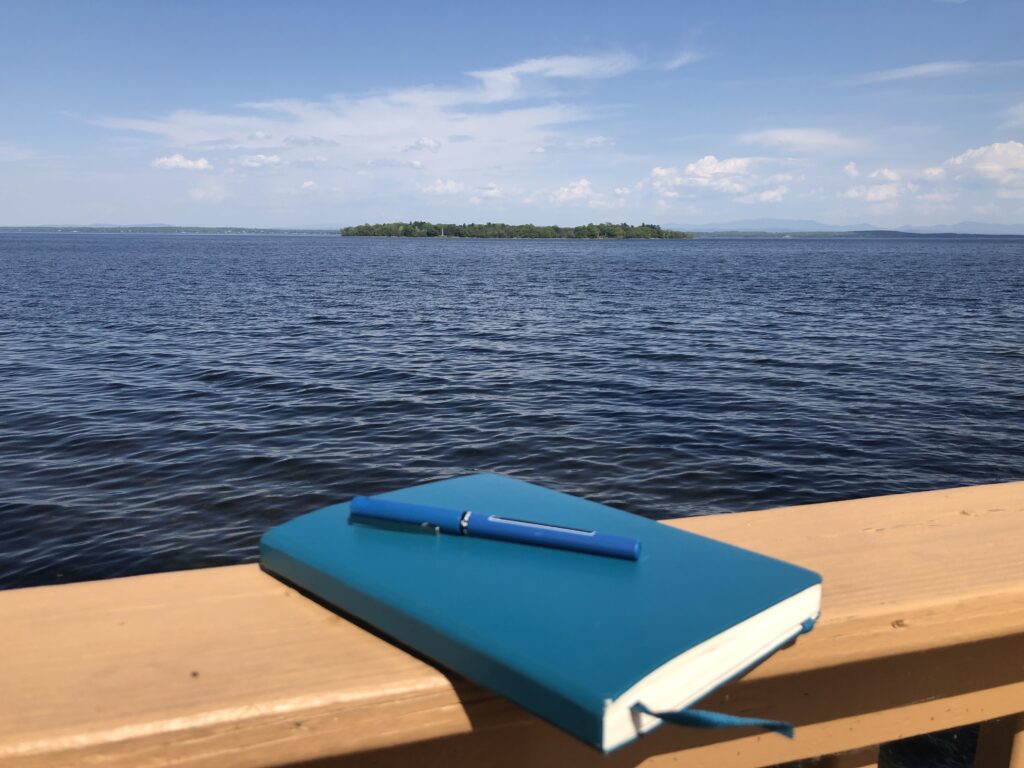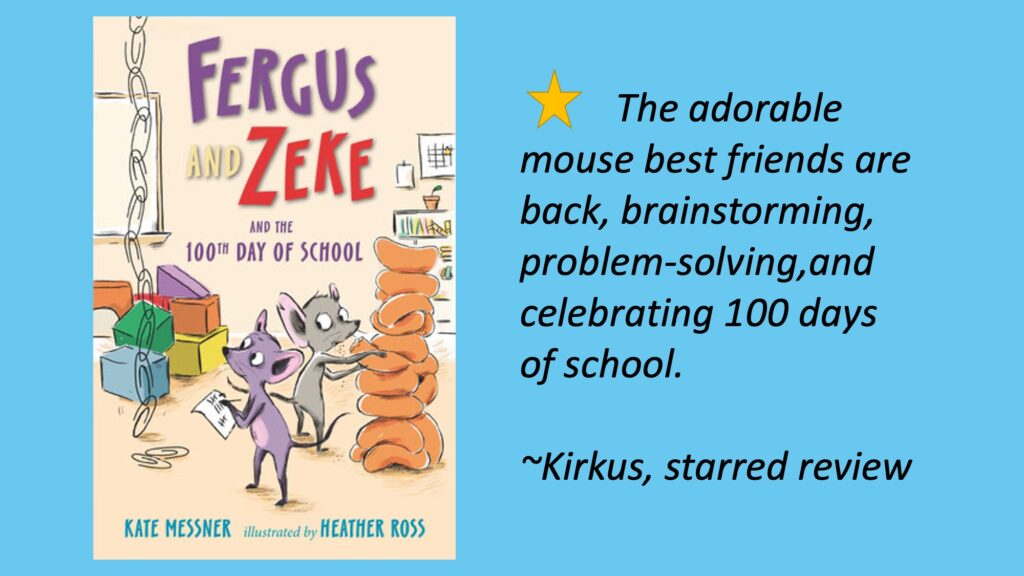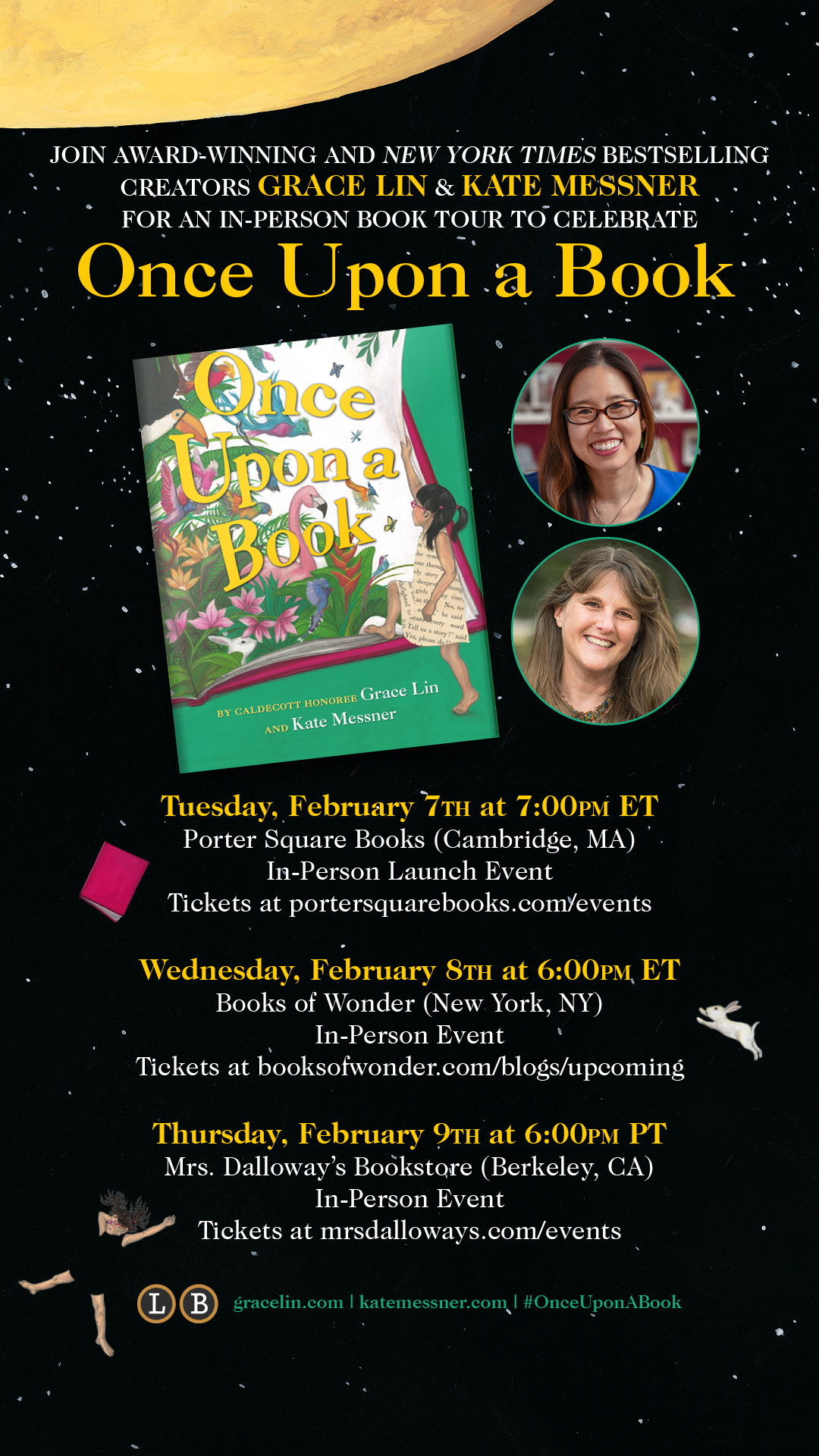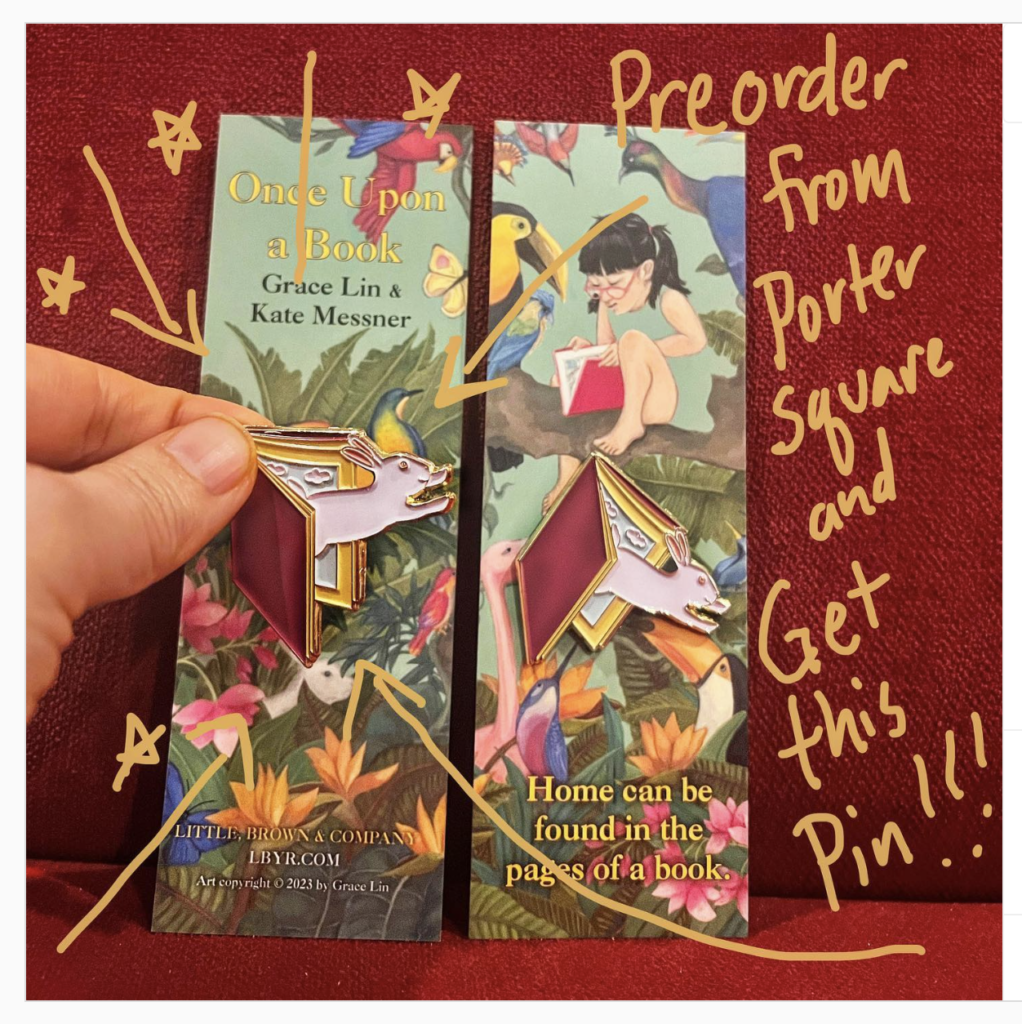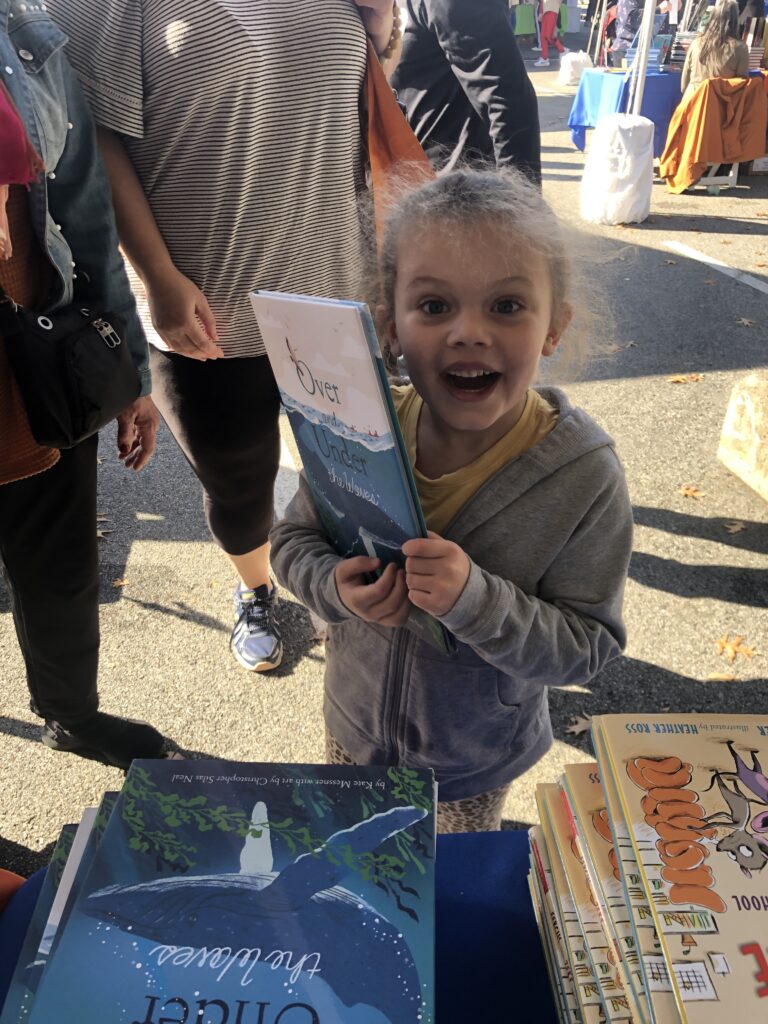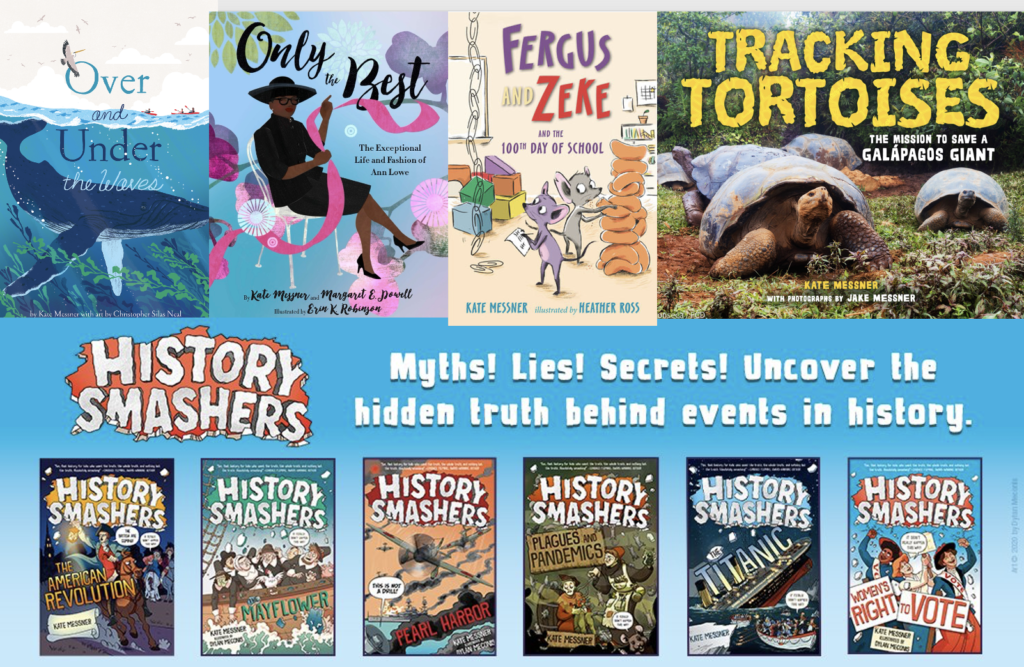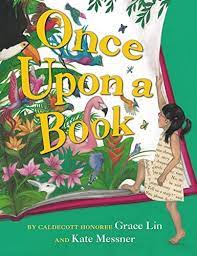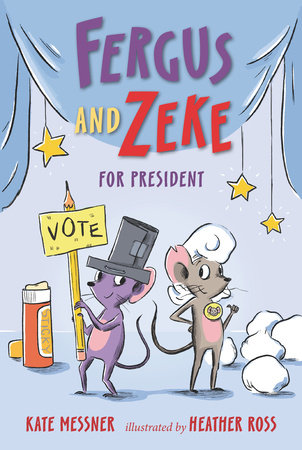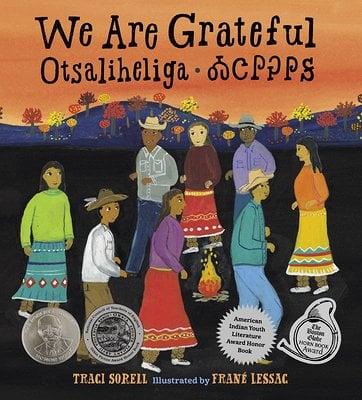Welcome back to Teachers Write, friends! I hope you had a great weekend and are ready to write. This week, we’ll be focusing on haiku, a form many of us learned in grade school, but now it’s time to take our three-line poems to another level. Mentor poet Joseph Bruchac joins us for today’s mini-lesson!
Attempting Haiku
Let’s try writing haiku. It’s something that I do often. I’ve attempted to write at least one haiku every day for the last three years.
Haiku? Are you kidding me?
Yes, I know, it’s probably something you’ve already done. Haiku is perhaps the most used —or, perhaps, overused — poetic form in the world today. But let’s look at it another, fresher way. See it as my first haiku teacher Tai-yuk Kim did in a class I took from him 50 years ago. Not just an exercise in syllables but an interaction with the natural world — of which we are a part.
Not something devoid of meaning such as this
I can write haiku.
Just 17 syllables
there, see I did it.
No, I didn’t.
I’m sitting right now on my porch. It’s easy for me to write haiku here. Our cabin is in the middle of a 20-acre nature preserve that includes a 7 acre pond. It’s only 3 miles from the hill where my grandfather was born. I’m not just surrounded by inspiration, I’m almost drowned in it.
So, let me write (actually, to be honest, dictate into my phone) something that reflects what I’m seeing right now.
Chestnut leaves flutter.
Pine trees dance in summer wind.
Green everywhere.
I am using the 5-7-5 syllable form that has become so common in English haiku. A total of 17 syllables. It’s the form used in haiku written in Japanese haiku–though not as three lines, but as one single line.
I’m not always satisfied with the translations from Japanese to English. For one, they usually don’t sound anything at all like the original. Let’s take the most famous poem by Basho about that frog jumping into a pond and making a sound. I bet you’ve seen translations of it. But have you ever looked at it in the original Japanese 17 syllables and read it aloud? Here it is:
furu ike ya kawazu tobikomu mizu no oto
The way a haiku sounds is as important to me as the way it looks. And by the way it looks I don’t mean just that it’s in 17 syllables, but that a picture is painted, and that there is a moment in that picture that was described to me as the “ah-ness moment.” (Which, the first time I heard it said to me in the slightly accented English, but absolutely correct English of Tai-yul Kim I heard it as the “honest moment” Neat, eh. Actually, that could be another subject for poetry. A poem written based on hearing something and misunderstanding it.)
Here are some of some of the “rules” that might be followed when writing a haiku in English.“ (Although, of course, some rules are made to be broken. In many haiku in Japanese, you’ll find the word “kana,” which has no literal meaning–but just adds two more syllables, is commonly used.)
1. It represents an experienced moment.
2. No similes or metaphors. Nothing is compared to anything else, but is itself.
3. Draw from nature.
4. Paints a verbal picture or a series of pictures.
5. It may lead to a moment a bit like that called “Beginner’s Mind” in Zen Buddhism, seeing things as if for the first time.
6. 17 syllables in 3 lines, written 5-7-5. (This is the “rule” most often ignored.)
In writing your own haiku you might even try, as I do, to avoid the use of articles. Words such as “the,“ “a” and so on. You don’t find those words used in a lot of languages, such as Japanese, Chinese, and the Abenaki language my Native ancestors spoke and my son Jesse teaches. (We also do not have sexist pronouns, just using the word awani, but that’s another story.)
Though you may not live as I do, remember that everywhere we go nature is with us. Pay attention to the smallest things and you may see what I mean. Everything, from your heart beat to the tiniest insect buzzing to get out through your windshield, is linked to that great continuum.
So, here’s your exercise. Take a deep breath, look and listen. Then attempt a haiku.


Writer, musician, and traditional storyteller Joseph Bruchac is a citizen of the Nulhegan Abenaki Nation and member of their Elders Council. His honors include a NYS Poetry Fellowship, a National Endowment for the Arts Writing Fellowship, a Rockefeller Foundation Fellowship, the American Book Award, the NEA Civil Rights Award, the National Wildlife Federation Award, and the Lifetime Achievement Award from the Native Writers Circle of the Americas. He’s written over 180 books, including Code Talker, which was selected by Time magazine in 2022 as one of the 100 best YA books of all time.
Note from Kate: Teachers Write has always been and will always be free, but it does take many hours of work from me and our guest authors. Please say thanks by buying our books!













